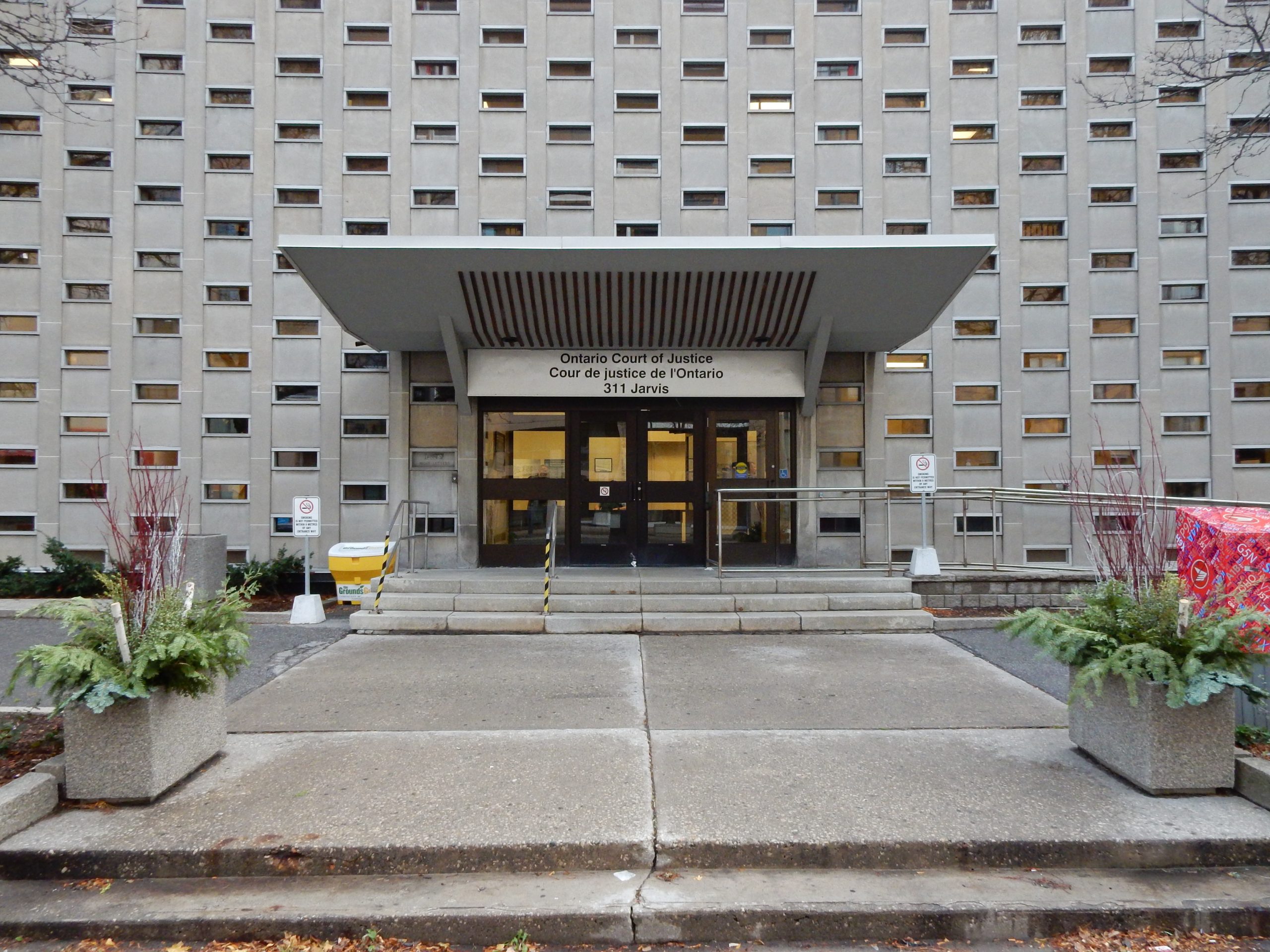 In the heart of Lafayette Parish, Louisiana, tragedy struck on Interstate 10 as a routine drive turned fatal. Arthur Huguley, behind the wheel of a tractor-trailer for AAA Cooper Transportation, found himself in a situation that would forever alter the lives of those involved. A blown-out tire, a series of events, and a wrongful death lawsuit brought forth by Curley Mouton’s surviving family members set the stage for a courtroom drama that unfolded with unexpected twists. In the end, a jury assigned fault, but the defendants, Huguley, AAA Cooper, and their insurer, were not ready to accept the verdict without a fight. This article explores the intricacies of their appeal, shedding light on the compelling arguments presented and the complexities of apportioning fault in a tragic accident.
In the heart of Lafayette Parish, Louisiana, tragedy struck on Interstate 10 as a routine drive turned fatal. Arthur Huguley, behind the wheel of a tractor-trailer for AAA Cooper Transportation, found himself in a situation that would forever alter the lives of those involved. A blown-out tire, a series of events, and a wrongful death lawsuit brought forth by Curley Mouton’s surviving family members set the stage for a courtroom drama that unfolded with unexpected twists. In the end, a jury assigned fault, but the defendants, Huguley, AAA Cooper, and their insurer, were not ready to accept the verdict without a fight. This article explores the intricacies of their appeal, shedding light on the compelling arguments presented and the complexities of apportioning fault in a tragic accident.
Arthur Huguley was driving a tractor-trailer in Lafayette Parish, Louisiana, on Interstate 10 while working for AAA Cooper Transportation (“AAA Cooper”). Huguley heard a bang and worried he might have blown out a tire. While performing a maneuver to see if he had blown out a tire, the tire that had blown out came apart and flew into the air. Curley Mouton was driving in a truck behind Huguley when debris from the tire started flying through the air. The debris hit Mouton’s truck, causing him to hit a guardrail, flip over, and crash. Mouton died in the crash.
Mouton’s surviving spouse and son filed a wrongful death lawsuit against Huguley, AAA Cooper, and their insurer. A jury found in favor of Mouton’s family and assigned 10% fault to Huguley and 90% to AAA Cooper for putting a defective tire on its truck. The defendants appealed, claiming the jury had erred in its ruling.
 Insurance Dispute Lawyer Blog
Insurance Dispute Lawyer Blog


 In a world where news headlines often feature calamitous industrial disasters, it’s hardly surprising to find legal battles trailing in their wake. The following case involves multiple individuals who filed lawsuits against the owner of a facility in Iberia Parish, Louisiana, that had a large fire.
In a world where news headlines often feature calamitous industrial disasters, it’s hardly surprising to find legal battles trailing in their wake. The following case involves multiple individuals who filed lawsuits against the owner of a facility in Iberia Parish, Louisiana, that had a large fire.  If you are injured on the job, one of your primary concerns is likely finding competent medical care. Under the Louisiana Workers’ Compensation Act, injured workers can select one physician of any specialty without their employer’s approval. What happens if your employer refuses to pay for your selected physician?
If you are injured on the job, one of your primary concerns is likely finding competent medical care. Under the Louisiana Workers’ Compensation Act, injured workers can select one physician of any specialty without their employer’s approval. What happens if your employer refuses to pay for your selected physician?  When you think about medical malpractice lawsuits, a botched surgery or missed diagnosis are likely the first things that come to mind. The following case involves a less common situation involving purported medical malpractice involving physical therapy post-surgery. It analyzes the relationship between a doctor and a physical therapist and whether a doctor can be vicariously liable for the actions of a physical therapist.
When you think about medical malpractice lawsuits, a botched surgery or missed diagnosis are likely the first things that come to mind. The following case involves a less common situation involving purported medical malpractice involving physical therapy post-surgery. It analyzes the relationship between a doctor and a physical therapist and whether a doctor can be vicariously liable for the actions of a physical therapist. If you have experienced symptoms from working in a moldy work environment, you might think you are entitled to recover from your employer. However, navigating the Workers’ Compensation system can be challenging partly because of the distinct and often complicated vocabulary in the statutes. This case involves defining an occupational disease under the Louisiana Workers’ Compensation Act.
If you have experienced symptoms from working in a moldy work environment, you might think you are entitled to recover from your employer. However, navigating the Workers’ Compensation system can be challenging partly because of the distinct and often complicated vocabulary in the statutes. This case involves defining an occupational disease under the Louisiana Workers’ Compensation Act. Even in cases involving tragic factual situations, strict procedural requirements must be followed to prevail on your claim. This case involves the time limits in which you must file a lawsuit and the principle of
Even in cases involving tragic factual situations, strict procedural requirements must be followed to prevail on your claim. This case involves the time limits in which you must file a lawsuit and the principle of  Statutory employer immunity is critical in determining liability and compensation for workplace injuries in workers’ compensation. The following case is an example where the court had to decide whether the defendant was entitled to statutory employer immunity under the dual contract theory provided for in
Statutory employer immunity is critical in determining liability and compensation for workplace injuries in workers’ compensation. The following case is an example where the court had to decide whether the defendant was entitled to statutory employer immunity under the dual contract theory provided for in  In the legal system, dissenting opinions, i.e., opinions delivered by one or more judges who disagree with the decision, play a crucial role in shaping the interpretation and application of the law. They provide valuable insights into alternative viewpoints, often sparking discussion and debate and ultimately leading to the evolution of jurisprudence. One such notable dissenting opinion can be found in the case of Christopher Blanchard v. Demetrius J. Hicks et al., authored by Justice Cooks. In this blog post, we look at the case, the arguments made in the dissent, and the importance of dissent in the legal landscape.
In the legal system, dissenting opinions, i.e., opinions delivered by one or more judges who disagree with the decision, play a crucial role in shaping the interpretation and application of the law. They provide valuable insights into alternative viewpoints, often sparking discussion and debate and ultimately leading to the evolution of jurisprudence. One such notable dissenting opinion can be found in the case of Christopher Blanchard v. Demetrius J. Hicks et al., authored by Justice Cooks. In this blog post, we look at the case, the arguments made in the dissent, and the importance of dissent in the legal landscape. Gender Discrimination has unfortunately been around for as long as time, infiltrating many corners of people’s lives. But when you feel discriminated against at your high school, the lawsuit process can be much trickier than some might think. The Court of Appeals for the Fifth Circuit addresses whether a Title IX claim can be brought and successfully won when a picture is posted to the internet, violating a school’s policy.
Gender Discrimination has unfortunately been around for as long as time, infiltrating many corners of people’s lives. But when you feel discriminated against at your high school, the lawsuit process can be much trickier than some might think. The Court of Appeals for the Fifth Circuit addresses whether a Title IX claim can be brought and successfully won when a picture is posted to the internet, violating a school’s policy.  Wills and testaments often lead to family drama after a family member dies. Fights over control, money, and inheritance can lead to many legal and emotional battles. When those battles of power come to a legal setting, how do courts assess if a will has validly identified a new overseer of the estate?
Wills and testaments often lead to family drama after a family member dies. Fights over control, money, and inheritance can lead to many legal and emotional battles. When those battles of power come to a legal setting, how do courts assess if a will has validly identified a new overseer of the estate?